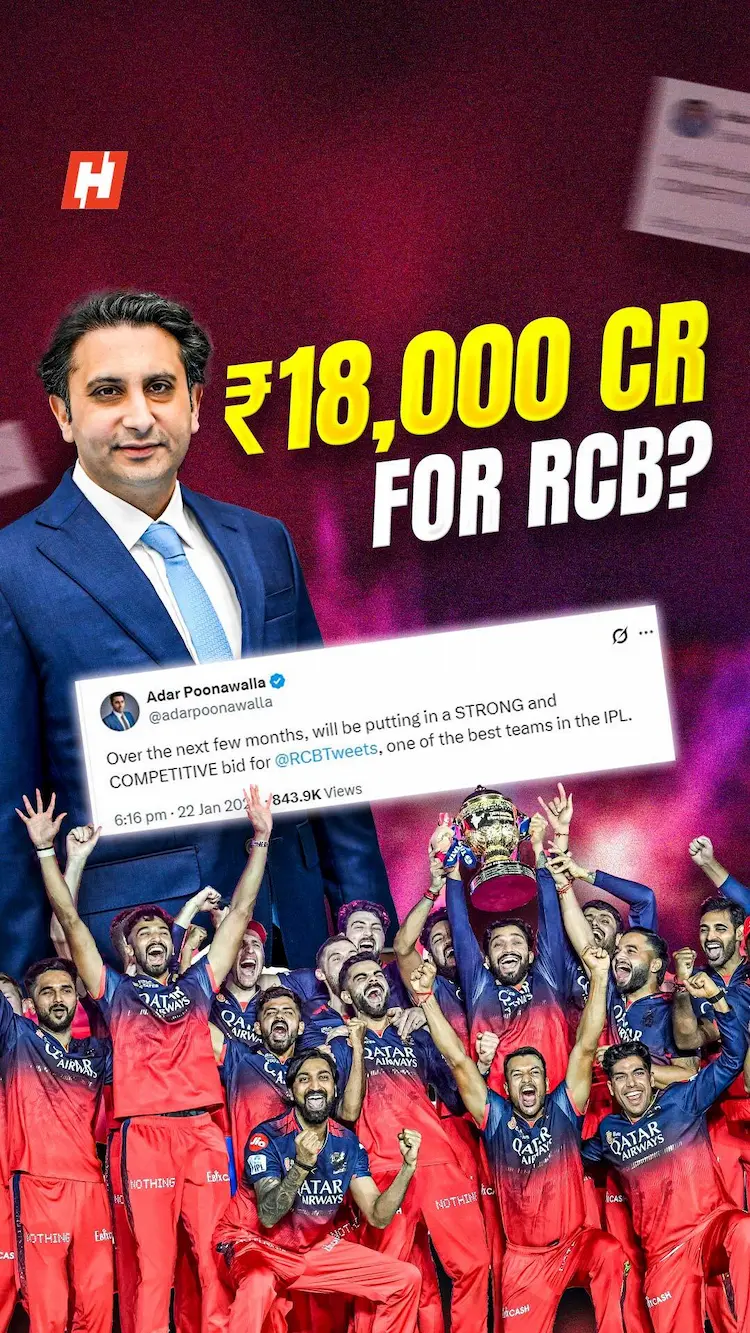Cricket Rewind: March 20 - West Indies stun Zimbabwe in epic collapse in Trinidad
March 20, 2000. Queen’s Park Oval, Trinidad. The West Indies cricket team stood on the verge of their most humiliating defeat. In Jimmy Adams’ first Test as captain, his side had only set Zimbabwe a modest target of 99 runs. With just 52 runs needed and seven wickets in hand, Zimbabwe seemed destined for a historic win. But cricket, unpredictable as ever, had other plans.
Enter Curtly Ambrose and Franklyn Rose. The veteran Ambrose, known for his icy stare and ruthless precision, struck first. Rose followed with sheer ferocity, dismissing Zimbabwe’s biggest threats—Andy Flower and Murray Goodwin. The collapse was stunning, almost surreal. From 47 for 3, Zimbabwe nosedived to 63 all out. It was the first time in 118 years that a team had failed to chase a two-figure target in Test cricket.
The shock was palpable. Grant Flower, the lone warrior for Zimbabwe, had played a valiant 113* in the first innings, but now stood helpless as his teammates fell like dominoes. No one else in the entire match had managed even a fifty. The West Indies, battered and bruised, had clawed their way back from certain defeat to etch their name in cricketing folklore.
Franklyn Rose’s 4 for 19 was the defining spell of the match, tearing through Zimbabwe’s lineup like a storm. Ambrose, ever the enforcer, finished with 3 for 8, ensuring the visitors never recovered. The West Indian crowd, silenced by despair just moments earlier, erupted in disbelief and celebration.
For Jimmy Adams, this was more than just a Test win—it was a baptism by fire. His leadership had nearly been overshadowed by a crushing defeat, but instead, he walked away with a victory that would be talked about for generations.
The miracle of Trinidad wasn’t just about statistics or records. It was about resilience, about refusing to surrender when all seemed lost. It was cricket at its cruelest, and at its most beautiful.









